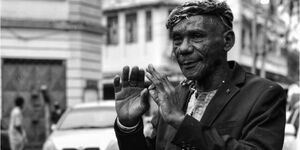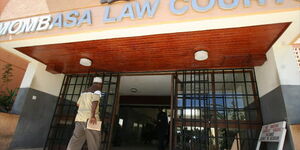The presiding judge, during the sensational trial of Kapenguria six in 1952, Ransley Thacker, was reportedly heavily compromised to ensure Mzee Jomo Kenyatta spent the rest of his life behind bars.
Mzee Jomo and his comrades had been arrested after the State of Emergency was declared on October 20, 1952, due to the Mafia-style execution of colonial Senior Chief Waruhiu in Kiambu by muhimu, a unit in the Mau Mau high command.
Reports disclosed that the new Kenyan Governor, Sir Evelyn Baring, forced Thacker to come out of retirement by dangling a huge paycheck of Ksh2.6 million.
The money was meant to ensure that the final ruling would be in favour of the colonial masters, who wanted Mzee Jomo and his Mau Mau rebels dead or imprisoned for life.
Baring later admitted to having made every possible effort to offer witnesses and prosecutors rewards, during one of the most important trials in the Kenyan history.
The key prosecution witness, Rawson Macharia, was allegedly offered land at the coast, a university course in public administration at Exeter University College, protection for his family, and a government job on his return from the UK.
This was enough for him to go on and testify on March 1950, disclosing how he was forced to take an oath in Kenyatta’s house, which involved him stripping naked and drinking human blood.
Mzee Jomo defence was led by Dennis Nowell Pritt and aided by a team comprised of Fitz De Souza, Achhroo Ram Kapila, and Jaswant Singh.
Pritt got wind of how heavily the scales were tipped in favour of the prosecution after it was decided that no jurors would be allowed in that particular case.
"I would submit that it is the most childishly weak case made against any man in an important trial in the history of the British Empire," Pritt remarked.
The Kapenguria six; Jomo Kenyatta, Bildad Kagia, Ramogi Achieng Oneko, Paul Ngei, Fred Kubai and Kungu Karumba, were on trial for six months, from December 1952 to April 1953, and were eventually found guilty and sentenced to seven years imprisonment with hard labour.












